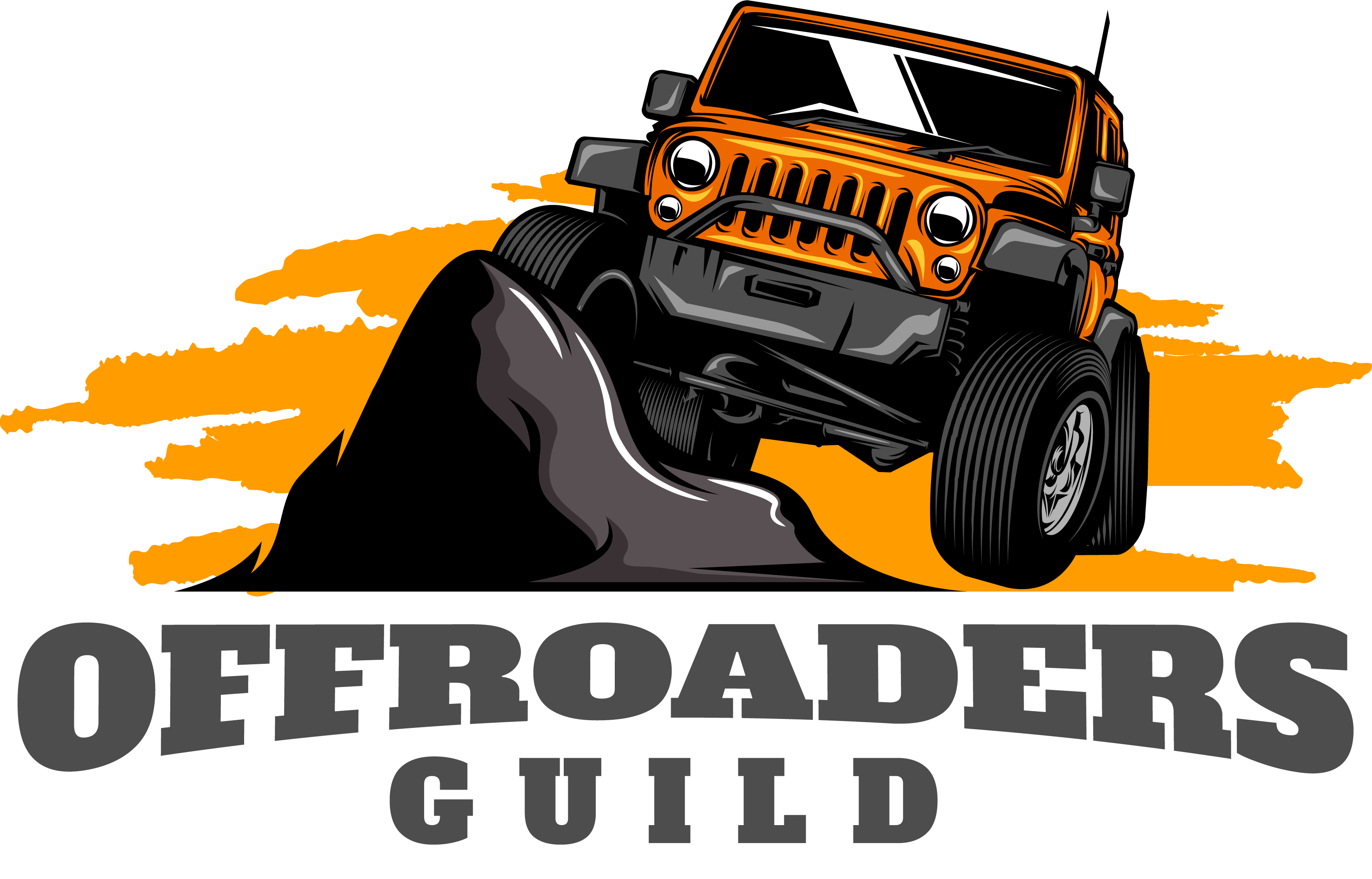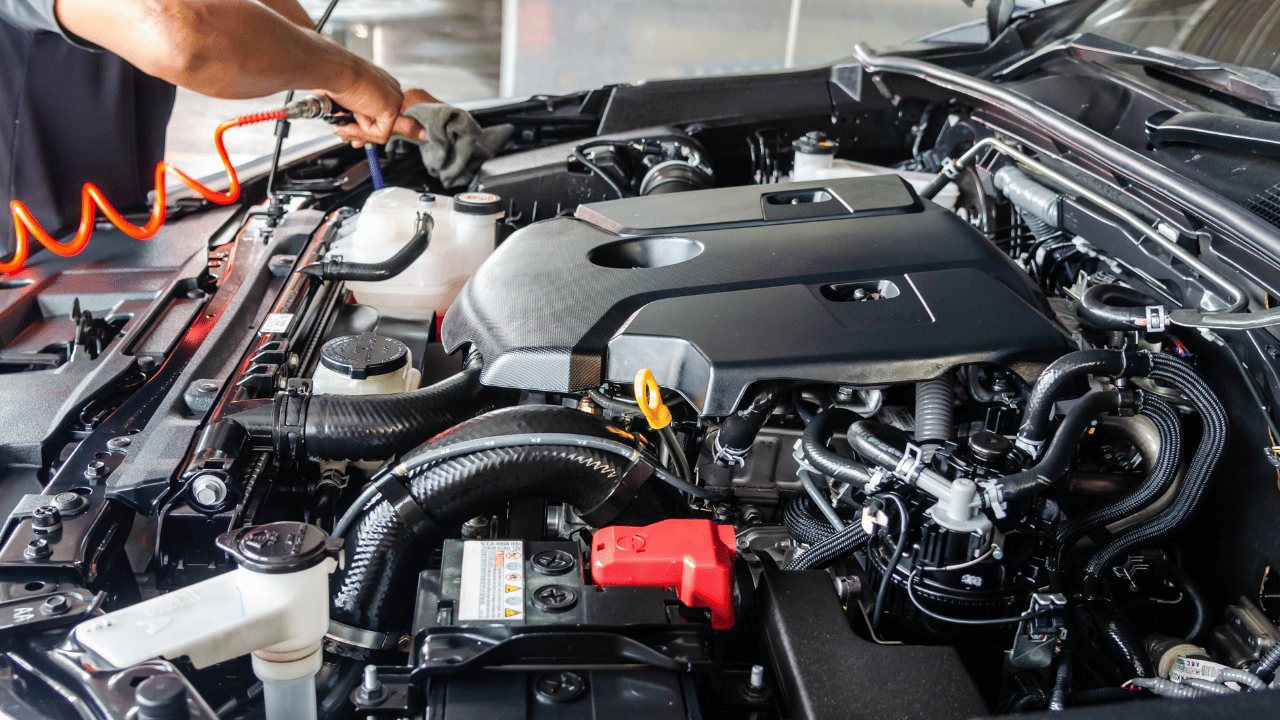3.8L engines are considered a perfect off-roading partner. These types of engines were relatively bigger in size and robust in performance.
Unfortunately, no man-made thing comes without a flaw. Although it was built near perfection, there were a few common problems with the Jeep 3.8 engine that made people wonder whether it was worth buying.
Frequent problems with the Jeep 3.8 engine were over fuel consumption, idling, engine knocking, leakage in the intake manifold, and others.
In this blog, I will share with you a complete guide about problems, DIY fixes, and more information you must have about your 3.8L engine.
Let’s get started!
Jeep 3.8 engine specs
Prominent features of the Jeep 3.8 engine are:
- Power: 200hp
- Fuel type: Gasoline
- Displacement: 3,778 cc/230.5 CID
- Number of gears: Automatic, 4 speed
- Maximum torque: 315 Nm/ 32.1 Kg/ at 5,000 RPM
- Number of cylinders and orientation: V6
- Average consumption: 11.2L/62 miles
- Trunk capacity: 485L
7 common Jeep 3.8 engine problems

Besides the incredible features of the Jeep 3.8 engine, people have reported these problems too.
1: Overconsumption of oil
Excessive oil consumption starts occurring when your Jeep has traveled 100,000 miles. Unfortunately, at this stage, it happens due to a bad gasket, and oil seal.
It is better to replace these parts as soon as these problems appear.
2: Engine knocking sound
Numerous people owning Jeep 3.8 engines have reported a knocking sound coming from the engine, especially in the morning or when you start it after a few days.
New drivers might start worrying about the odd knocking sound, but a mechanic can quickly repair it.
3: Rusty engine
Rust is generally a leading cause of deterioration in metal parts. When the Jeep grows old, rust builds up around the engine due to chemical interaction and stagnant water vapors.
In colder areas, the probability of an engine developing rust is higher than in moderate regions. But you must take care of rust as soon as it starts developing as it weakens the assembly.
4: Overheating
Cooling system failure leads to overheating of the Jeep 3.8 engine, which can cause further damage to your vehicle.
It mostly happens due to the use of low-quality refrigerant or the burning down of the radiator fan.
You will notice the overheating by continuous smoke coming out of your hood, which starts with the development of smoke inside the cabin.
Driving with an overheated engine is quite dangerous therefore you must look into this problem as soon as it takes place.
5: Leaking issues
Chrysler engines are usually reported with engine oil leakage issues. It happens due to a faulty valve covering the gasket, oil pan, or blocked filters.
It ruins your Jeep’s presentation and increases the oil consumption of antifreeze and engine oil.
Sometimes leaking issues are not due to part failure, but extra oil is poured into the oil pan that causes frequent dripping.
6: Bad idling
Uneven idling is noticed with a tachometer arrow jumping to 800 rpm every time while driving the Jeep. You must check all the sensors and wiring to investigate the bad idling problem.
7: Engine breakdown
Mostly after traveling 100,000 miles or so, the Jeep 3.8 engine ceases and refuses to start again. This is a very common fact you should know about the Jeep 3.8 engine.
It might be a recoverable or long-lasting issue; therefore, you must adhere to good engine care practices that delay the engine breakdown problem.
Solving Jeep 3.8 engine Problems
Here are some easy DIY fixes to your Jeep 3.8 engine problems.
1: Fixing overconsumption of oil
As soon as you figure out your Jeep consumes more fuel than usual, trace the leaking area.
Re-Leveling up fuel will not simplify this issue. Instead, you must find the broken hose or gasket and replace it with a new one to fix the overconsumption issue.
2: Solving engine knocking issue
Knocking issues can be sorted out by using the right oil filter. Jeepers often need to use a low-quality air filter.
Moreover, using dupes of high brands can also create a knocking issue. So, make sure you only use the filter the manufacturer recommends.
3: Preventing engine rust
Preventing rust is as important as fueling your Jeep. Since rust is a silent killer, and if not taken care of on time, it will slowly and gradually deteriorate the engine, including the frame and the rest of the parts.
Since jeeps are highly prone to developing rust, you must apply anti-rust solutions to sensitive jeep areas to save them from corrosion.
In addition, if you live in humid areas, double the frequency of applying anti-rust formulae.
4: Fixing overheating problem
The leading cause of engine overheating is a low level of engine coolant or inappropriate usage of coolant.
Therefore, ensure you use the same engine coolant as the manufacturer recommends. Also, alter the coolant as per your residing area.
Lastly, do keep a check on the condition of the coolant. Refill the coolant by draining the previous one as soon as it develops residues.
5: Building a habit of responsible driving
This is about building a habit of responsible driving to improve your engine’s lifespan. Opting for preventive maintenance will save your engine from sudden breakdowns.
If your Jeep has grown old, you must check the functionality of the main Jeep parts before routing on a long journey.
Jeep 3.8 engine reliability
If you are determined to know that what is the reliability of the Jeep 3.8 engine, then the answer is a resounding yes.
The 3.8 engine is a go-to option for off-roaders due to its incredible performance features and the comfort level of the jeepers.
However, this engine has issues like engine breakdown, overheating, and oil consumption. But they can be tackled with a responsive driving style and preventive maintenance routine.
If you consider opting for preventive breakdown maintenance, this engine will surely accompany you up to several thousand of miles.
Jeep 3.8 engine life expectancy
Generally, the life expectancy of a Jeep 3.8 engine is up to 100,000 miles. Once your Jeep 3.8 engine has completed these years, the overall performance starts decreasing.
Therefore, you can increase or at least improve the Jeep 3.8 engine performance with proper care, leveling up lubricants, and driving carefully.
Pros of 3.8 engine
- Jeep 3.8 is robust and sturdy that is designed for challenging routes.
- Jeep 3.8 engine replacement is easier as compared to other engines.
- A professional mechanic finds this type of engine simple to repair.
- Excellent availability of aftermarket parts.
- You can increase your life expectancy from 100,000 miles with proper care and a moderate driving style.
Cons of 3.8 engine
- Over oil consumption is the major disadvantage of the Jeep 3.8 engine.
- 100,000 miles are a lower life expectancy for such kind of pricey vehicles
- Due to overheating issues, sometimes, constant long-hour rides are interrupted.
Conclusion
To sum up, the Jeep 3.8 engine is one of the most reliable off-roader engines. No matter what problems it offers after crossing a specific age limit.
Still, you can simplify those problems using coolants, anti-rust formulas, and good driving practices. This will not only increase the lifespan of your Jeep but also save you from long-term maintenance costs.

Hey there, My name is Joe Martin & I’m the author of OffroadersGuild.com. I’ve been hitting the dirt for a while now. I’ve been off-roading in all sorts of vehicles, from Jeeps to trucks and everything in between.
I’ve also built and modified a few off-road vehicles of my own, so I know what works and what doesn’t when it comes to upgrading and modifying off-road vehicles. I started this website to share my experience and help others get the most out of their off-roading adventures. Let’s hit the trails!

